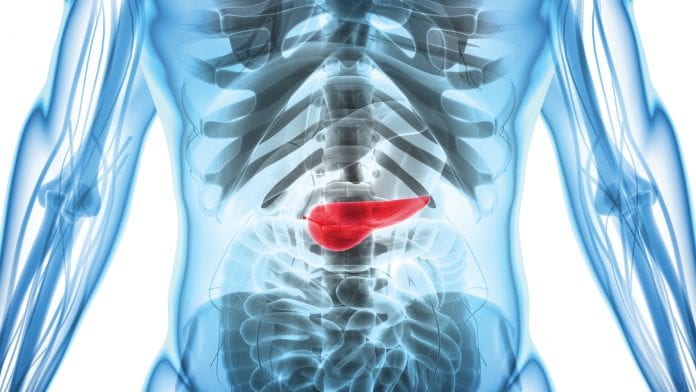
Health Europa presents recent research from the Spanish National Cancer Research Centre that has revealed an unexpected link between pancreatic cancer and inflammation.
Pancreatic cancer is the fourth leading cause of cancer-related death in Europe and is expected to become the second by 2020 if no action is taken to improve early diagnosis and survival. According to dedicated platform Pancreatic Cancer Europe, pancreatic cancer is the only cancer whose mortality is increasing in both sexes,1 and patients affected with the disease lose 98% of their healthy life expectancy at the point of diagnosis.2 Despite these alarming statistics, support for pancreatic cancer remains woefully low, and research into the disease receives less than 2% of all cancer research funding in Europe.1
Now, however, scientists at the Spanish National Cancer Research Centre (CNIO) have uncovered an unexpected link between pancreatic cancer and inflammation, which could go a long way towards enhancing efforts to prevent the disease.3
Redefining inflammation
According to the CNIO team, inflammation should no longer be thought of as a ‘defensive response organised by the cell starting from zero when there is an external aggression’.
Instead, says Paco Real, head of the Epithelial Carcinogenesis Group at the CNIO, it should be thought of as a “defensive mechanism that the cell keeps suppressed, unless it is required”.
Based on this “conceptual change” in our understanding of inflammation, the researchers have been able to demonstrate that molecular mechanisms involved in the normal functions of healthy pancreas tissue suppress inflammation – that is to say, controlling inflammation is part of the normal functioning of cells.
The role of the NR5A2 gene
The finding elucidates earlier research conducted in mice by the same team which showed that the pancreas is likely to develop a cancer induced by KRAS gene mutations when the mechanism responsible for controlling inflammation – the NR5A2 gene – is absent.
The function of NR5A2 has been extensively studied in mice, and researchers have confirmed that the findings can be applied to humans.
Real explains: “We see that when cells are not correctly differentiated, a state of pre-inflammation occurs, and we know that, in this context, cells are more sensitive to mutations in the KRAS. It’s as if the cells move to the starting grid, ready for inflammation and cancer.
“In mice, when there are normal levels of NR5A2, inflammatory phenomena are suppressed, whereas when levels of NR5A2 fall, inflammatory programmes are activated and the risk of developing pancreatic cancer increases. In humans, individuals with low levels of this same gene in the pancreas display a very similar state of pre-inflammation to that detected in mice.”
According to the CNIO team, the fact that NR5A2 turns on inflammation is ‘no coincidence’ as variants in this gene that increase the risk of pancreatic cancer have been identified in humans. The presence of these variants is itself not sufficient to cause the disease, but thanks to the new research, scientists now know that they are linked with a trigger of the initial stages of inflammation and an increased risk if they occur alongside other factors like KRAS mutations.
This finding aligns well with clinical observations that pancreatic cancer frequently occurs in patients with a genetic predisposition, mutations in the KRAS gene, and pancreatitis (inflammation of the pancreas).
Pancreatic Cancer: the next steps
Despite these promising findings, much remains to be discovered. For example, the existence of a genetic link between inflammation and cancer in organs other than the pancreas is still to be determined.
As a next step, the CNIO team will attempt to apply their findings to urgently needed pancreatic cancer prevention strategies. In this vein, they plan to try to detect early stages of inflammation, which they believe would provide useful ‘warning signs’ of pancreatic cancer – a task that will require a simple blood test.
Real explains: “The pancreas cannot be biopsied, as other, more easily accessible tissues can. We are going to try and detect this pre-inflammatory state in the blood, first in mice and then in humans.”
The research has been published in the journal Nature.
References
- www.pancreaticcancereurope.eu/files/user_upload/downloads/english/RPP-06115_Declaration_PC_Eng.pdf
- www.pancreaticcancereurope.eu
- www.nature.com/articles/nature25751
This article will appear in issue 7 of Health Europa Quarterly, which will be published in November 2018.






















